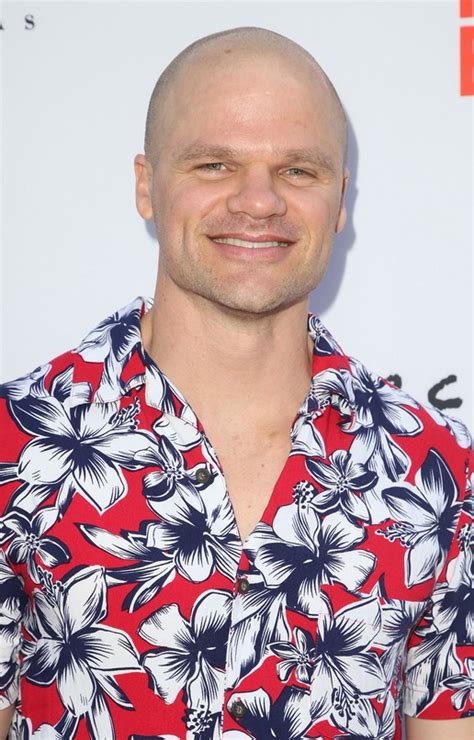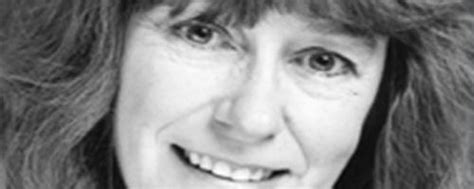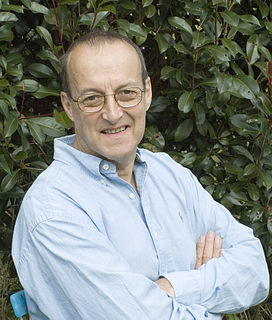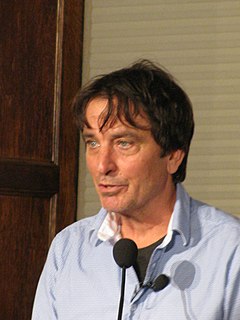A Quote by Evan Jones
I didn't do too much. I came here (to The Magic Castle) and learned about magic. I read a book, but not his father's book. Sorry about that.
Related Quotes
Writing is the act of creation. Put words on page. Words to sentences, sentences to paragraphs, paragraphs to 7-book epic fantasy cycles with books so heavy you could choke a hippo. But don't give writing too much power, either. A wizard controls his magic; it doesn't control him. Push aside lofty notions and embrace the workmanlike aesthetic. Hammers above magic wands; nails above eye-of-newt. The magic will return when you're done. The magic is what you did, not what you're doing.
Some of this book—perhaps too much—has been about how I learned to do it. Much of it has been about how you can do it better. The rest of it—and perhaps the best of it—is a permission slip: you can, you should, and if you're brave enough to start, you will. Writing is magic, as much the water of life as any other creative art. The water is free. So drink. Drink and be filled up.
Looking back over the years, I realize the Bible isn't magic, but it is corrective; it isn't an answer book, it is a living book; it isn't a fix-it book, it is relationship book. When I confront God's word, I am confronted; when I read God's word, it reads me; when I seek God's presence, He seeks me.
I am very bad at remembering the books I've read and so recently I had a wonderful experience. I decided I wanted to teach Toni Morrison's The Bluest Eye. I hadn't read it in twenty-five years. I was surprised to find how much I drew from that book. Stole from that book, learned from that book about writing. I had forgotten and there it was. Morrison has called that text faulted. I cannot see how.
If they were real, then maybe the world was big enough to have magic in it. And if there was magic — even bad magic, and Zach knew it was more likely that there was bad magic than any good kind — then maybe not everyone had to have a story like his father's, a story like the kind all the adults he knew told, one about giving up and growing bitter.
I have always believed in the magic of childhood and think that if you get your life right that magic should never end. I feel that if adults cannot enjoy a children’s book properly there is something wrong with either the book or the adult reading it. This of course, is just a smart way of saying I don't want to grow up.
My mother lived her life through movies and books - she read everything there was to read. And she read to me every night. I never went to sleep without her reading to me. And she fantasized about the book and she would talk about it, the place, and you would think that after she read the book and after she told you stories about it, that she had actually been there. I learned about story from her, and I learned the value of a great story, and the value of great characters.



































